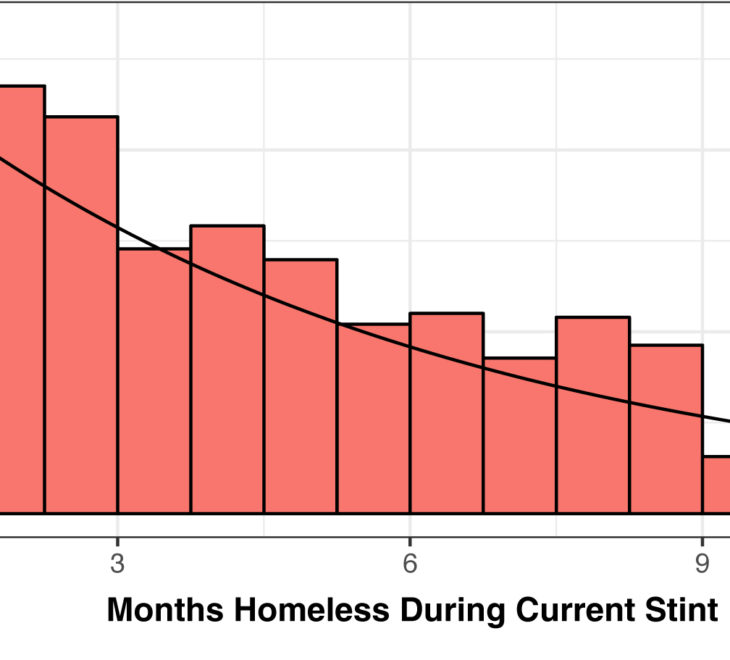Workers’ motivation to support themselves through work and to obtain shelter with the income they earn is valuable both for them and for society. Work provides dignity and prevents the social costs that accompany destitution. The solution of employment costs less than the problem of homelessness. The will to work is a social asset that we should preserve, build on and ensure that it enables workers to afford the necessities of life, including shelter.
A disturbing finding from our report, Locked Out, is that colleges, universities, social service organizations and churches have a prominent role as employers whose low wages and part-time work hours are accompanied by homelessness. Most of these entities are either nonprofit and tax exempt or part of the public sector. They have an obligation to do better.
Government at all levels should act with urgency to serve as the employer of last resort through publicly funded jobs programs. Nonprofit organizations of all types need shoulder a fair share of this burden by becoming sustainable employers for front-line workers.













